Overall focus
Dr. Ramirez’s laboratory focuses on the study of how brain pathologies affect the neurovascular unit and how these changes lead to the disruption of the Blood-Brain Barrier (BBB). His ongoing research relates to the following areas of investigation: 1) assay development for in-vitro modeling of the BBB, 2) characterization of temporal & spatial changes of the BBB during neuroinflammation, 3) serological biomarker discovery for evaluation of BBB damage in brain injury, and 4) pharmacological intervention aimed at repairing and protecting the BBB. Projects in assay development have allowed for a refinement in cell culture for isolating primary human brain endothelial cells (BMVECs) from normal tissue derived in brain resections of surgical treatment of intractable epilepsy. BMVECs are now being used in high-throughput assays that have led to the evaluation of endothelial permeability, cellular activation and immune-endothelial interaction. These powerful sets of tools have provided important insight into the deleterious effects that alcohol and methamphetamine have on barrier function. Dr. Ramirez has made important characterizations of diverse BBB changes in HIV-1 encephalitis that include the role of CD40, GSK3β and the CB2 receptor. More recently using an experimental animal model of traumatic brain injury (TBI) and multiphoton intravital imaging, his lab is uncovering how barrier permeability changes as a function of time and injury severity. In fact, using the TBI model, new serological markers originating from shed endothelial extracellular microvesicles have been identified (the basis of our biomarker discovery approach). Of key importance in BBB biology is the discovery of novel pharmacological agents that induce both an anti-inflammatory response and enhance BBB integrity. Such category of compounds that fits the above criteria are GSK3β inhibitors and CB2 agonists. Together with members of CSAR and international collaborators, Dr. Ramirez is exploring the use of novel pharmacological compounds aimed at restoring all aspects of BBB function during neuroinflammation. In this context, a myriad of possibilities could be realized; such as limiting immune infiltration in infectious diseases of the CNS, attenuation of secondary injury in TBI, preventing BBB leakage in sepsis and protecting neural stem cell vascular niches.
Human neural stem cells express tight junction proteins to enhance cell-to-cell attachment
Microglial cells at various stages of activation



